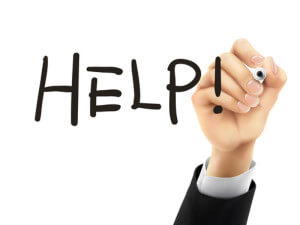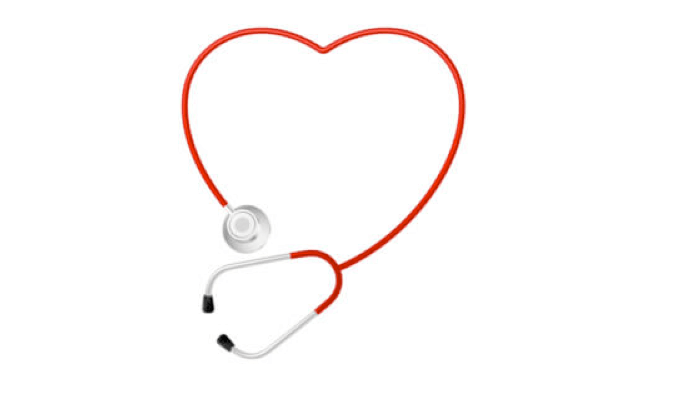Why Marriage Counsellors, Psychologists & Psychiatrists Come to Us
Your marriage problems may not be caused by bad things that happened in your childhood, but by the important relationship skills you missed out on learning growing up.
By Kim Cooper
 In the eight years Steve and I have been publishing our work, we have heard the conversation about marriage advice change.
In the eight years Steve and I have been publishing our work, we have heard the conversation about marriage advice change.
Why Some People Decide to Study Psychology
Quite a few mental health professionals have told me the same story . . . that most people decide to study psychology because they are looking to solve their own problems that are causing them emotional pain.
They study and go on to become professionals, without finding the answers they hoped for.
It’s Not About What Happened – But What Didn’t
I saw a moving documentary where the psychologist Gabor Maté said; “Abuse in childhood is when bad things happened that shouldn’t have – and good things that should have happened didn’t.”
~ Select any text on this page to see our share on Twitter and Facebook function ~
Psychologists and psychiatrists can certainly help with unresolved pain and confusion leftover from past trauma (we have an excellent program for this here), but if you struggle with your relationships, no matter how painful the trauma from your childhood, the trouble in your marriage may have been caused by something different.
Your marriage problems may not be caused by bad things that happened in your childhood, but by the important relationship skills you missed out on learning growing up.
I discovered these relationship skills have everything to do with healthy emotional regulation, which is also sometimes called emotional intelligence.
Many marriages fail because one (or both) partners have never had positive role models to learn good relationship skills from.
This modelling needs to happen consistently and also works best between people with an emotional connection. The obvious conclusion we can draw from this is that rather than sitting talking about your problems in a consultation room, the influence needs to start at home.
This is not something yet taught by standard psychology professionals and is why, because of the privacy of our website, very often they come to learn from us.


Hi Kim
I’m re-reading your Looking Glass book from a few years ago, and finding it so helpful. Your writing seems to encourage nurturing ourselves and helping our partners grow up. But elsewhere I am told, yes care for yourself but never nurture an alcoholic or try to control their drinking. But of course anyone afflicted by narcissism can also have a drinking problem. How vital do you think it is, to figure out if this is so?
I think all alcoholics are narcissistic, at least when they are drunk! I never thought Steve would stop drinking but first we stopped totally for a year and then learned to drink in moderation. We then stopped totally again recently to lose weight. The funny thing was when I told my son we had stopped drinking again, he said really? I hadn’t noticed any difference. I guess that is a good sign we are on top of it! The fact we both drink and both come from alcoholic families should have made learning to drink in moderation impossible. When we first stopped we used the Health recovery Centre’s program which was great but intensive and expensive with all the vitamins and supplements we needed to take. This time we used the protocol here which is known as drink yourself sober! The only difference is that I found 50mg of Naltrexon way too much. It caused me insomnia and made me feel really weird as well as killing my libido (and ability to climax). What I did instead was use the low dose naltrexon protocol – but would only take it just before we started drinking. It worked amazingly well. In the end we were only having a couple of drinks when we finished work, mostly out of habit I think, and when we stopped we both had zero cravings. To be honest I hardly ever think about alcohol now. This may be a simple one to try with your partner. Say I won’t hassle you about drinking if you take this first. Pretty easy deal. The upside is also that the naltrexon stops you getting drunk, so even if they keep drinking it will be easier on you!
Hi, the “Get started” buttonnis not working on any of the pages that have the get started button.
Thanks
Amy Petri
Thanks for the heads up – I hope I can fix that straight away.